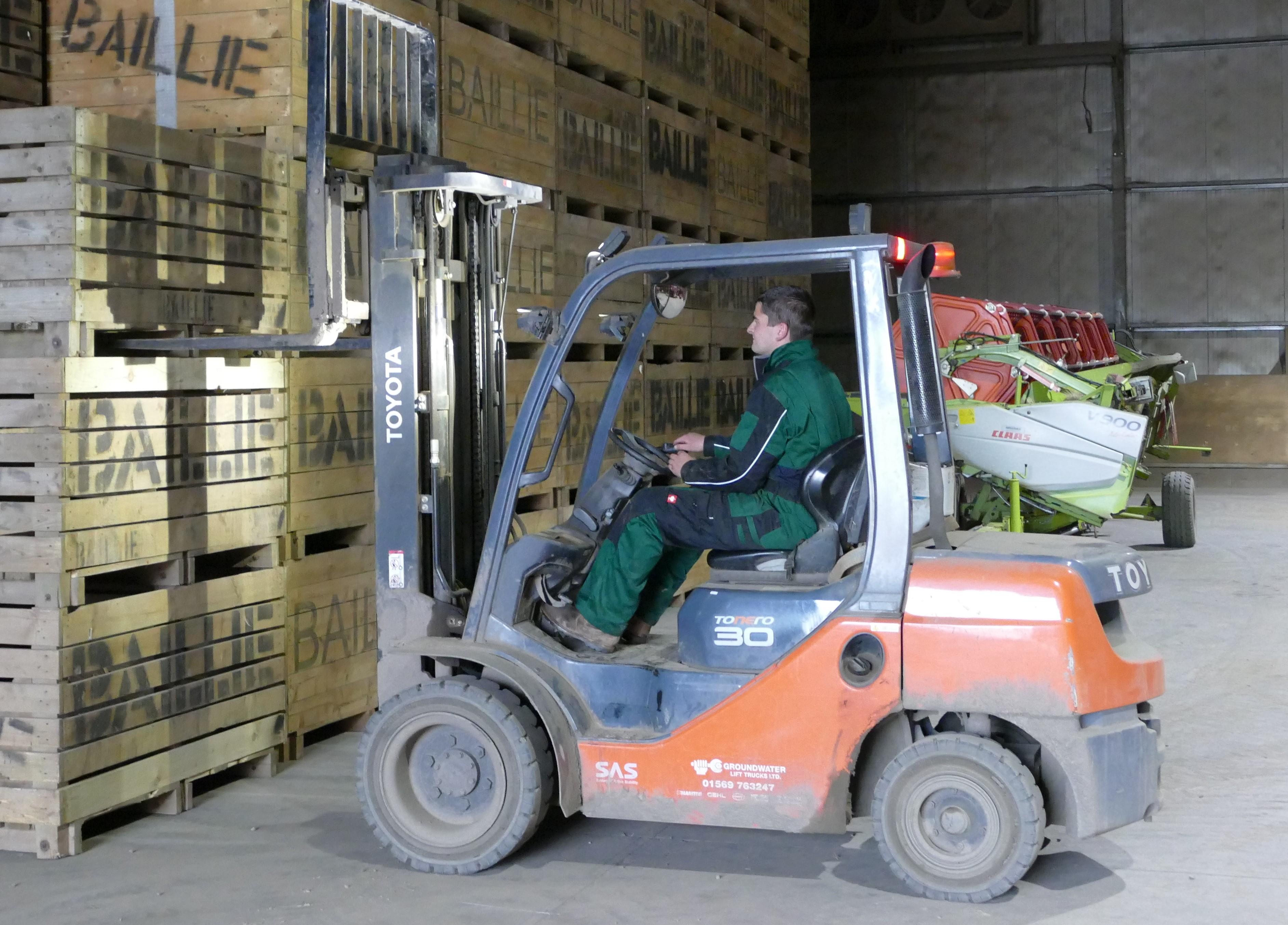
I can’t speak for everyone who is trying to balance home working and home schooling, but personally, I am finding it to be rather exhausting. But not boring.
Elaborately mapped lesson plans (I was a lecturer once…) were abandoned on day 2 after my ‘pupils’ and their dad staged a coup and overthrew the regime with a full day of den building. So instead, our household has been focussing mainly on skills development. Learning about and experiencing the great outdoors in ways that might not always be possible at school.
For example, last week, when we learned how to forage. Not for ourselves — food levels haven’t (yet) reached such extremes — but for Douglas, our tortoise.
Tortoises are the ultimate lockdown pet. They are very happy in isolation, move slowly and carefully and only eat weeds. However, finding the right weeds takes some care and so I found myself brushing up on my plant ID training, in order to help the children find plants that would be safe for Douglas.
The kids engaged surprisingly quickly and enthusiastically, laughing at the strange names such as Forget-me-not, Bristly Oxtongue, Dead Nettle, Sticky Willie (obviously the most memorable of all plant names) and Mallow. They have also been helping me to plant seeds, which we first examined under their microscope (what do you expect?), marvelling at the diversity in shapes, sizes and colours. And finally, we created ‘zombie plants’, regenerating some plants from ‘scraps’ that we would normally just compost.
Whilst the above may not all be in the national curriculum, I may never get a chance to share these skills again, so I am going to make the most of it and save fractions and verbs for a rainier day. And if the online forums are anything to go by, I am not the only one.
Although my degree was in botany, skills developed during my studies had essentially been unused for 20 years, and if so if anyone had asked me to run a class or help them ID something I certainly wouldn’t have volunteered.
Turns out though, that when there is no alternative, such skills return quicker than you think. I have observed this in other mums on an online school group who have been producing lesson plans, worksheets and information on a wide range of topics that I suspect they would not normally have been confident enough (or perhaps lacked the time) to share with others.
This has also happened at work, where previously redundant skills in online form creation and logic paths have been used to help design our new Skills Matching Service (SMS) which Scottish Government has asked us to set up and operate. As we know, during the pandemic, work has been carrying on for farmers and other key rural businesses and animal charities, but it does not leave them, or their workers, immune from infection or a need to isolate.
There are concerns about potential shortages of workers who have the necessary key skills to help with key activities within the sector, such as lambing and calving. There are also worries that organisations such as those involved in animal welfare will face labour problems if staff or volunteers become infected or need to self-isolate.
As well as the importance of ensuring continuity and avoiding animal welfare problems resulting from illness or staff absences, it is important that farms and other key rural businesses and charities can access the skilled and experienced workers they require.
To this end, and alongside others such as NFUS and SDS who are working to help the sector meet its need for very large numbers of seasonal, temporary and unskilled workers, we are creating a register of those skilled, willing and able to assist. Whether it be starting work immediately or just lending a hand should they be needed. We are asking those with relevant skills or qualifications who could assist the businesses or organisations which require either additional or replacement labour during this emergency.
Hence, we are in communication with organisations such as colleges and universities which might have students or staff, skilled in such key areas, and who may be available to help out during this difficult time. We are asking them to register directly with us, so that should the need arise, we know who is ‘out there’ and can link them to employers quickly and effectively.
Registration is a straightforward process on our website.
Once they have registered, we will undertake the matching of business or employer needs with the most appropriate individuals and put them in contact with each other.
Such a register might not be needed of course, but as I am sure you will agree, it is better to have a register of help and not need it, than not to have such a list when required. So, if you have skills that could be useful, whether you use them every day, or haven’t used them for some time, please do get in touch and register with this new service.
Meanwhile, colleagues in Lantra Awards are working to create packages of learning that will help workers with skills which are transferrable to the land-based sector to move safely and effectively into priority roles. This will allow them to use their established experience and technical ability in a new sector. More information on this will follow shortly.
Hopefully, when all this is over, we can use what we have learned in the creations of such systems and processes to better support those with skills and knowledge, to have the confidence either to share with others or develop them further. Portals like the Skills Matching Service might just be a key first step towards a forum which encourages more open sharing and collaboration. One that supports a smoother transition for those wishing to move from one sector to another.
Meantime, if you desperately need to be able to distinguish between Hawk’s-beard and Hawkbit, let me know.